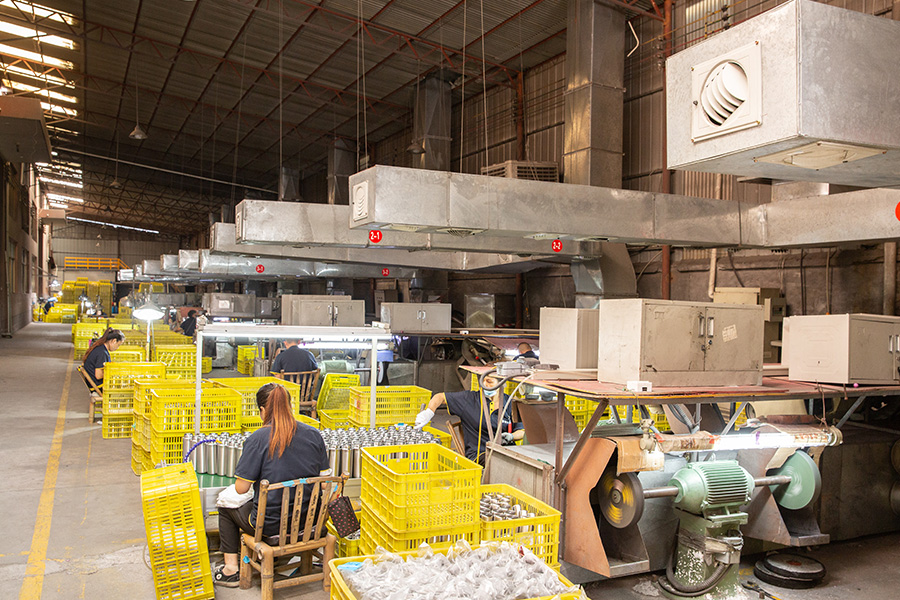In today’s competitive market, finding a trustworthy Sport Water Bottle Factory is vital. At the same time, many buyers also source from a Stainless Steel Mug Manufacturer to expand their product lines and diversify offerings. But how do you differentiate among many suppliers to find one that truly fits your needs?
1. Define Your Product Scope and Strategy
Before you even approach any factory, clarify exactly what kinds of products you want:
Do you want sport-style bottles (with straw lids, flip tops, squeezable bodies)? Or more rigid insulated bottles?
Do you want to branch into stainless steel mugs as well? If so, combining these two product lines with the same partner (i.e. a factory that can do both) can bring synergy and cost efficiency.
Which markets or customer segments do you target (athletes, outdoor enthusiasts, office users, gifts)?
By clarifying this early, you can screen out factories that specialize only in one narrow niche and pick those that have dual capabilities in sport bottles and stainless steel mugs.

2. Technical Capabilities & Equipment
A key differentiator is what machinery, tooling, and technical processes a factory has. For a Sport Water Bottle Factory, you'd look at:
Blow molding, injection molding, extrusion blow molding capabilities
Sealing, leak testing, decoration (printing, laser etching)
Cap & lid production, valves, gaskets
Meanwhile, a strong Stainless Steel Mug Manufacturer must have:
Metal forming (deep drawing, hydroforming)
Welding, polishing, vacuum insulation (if double-wall)
Surface treatments like coating, powder coating, printing
Quality testing for integrity, insulation performance, leak-resistance
Ask potential suppliers for a breakdown of their in-house equipment, mold libraries, capacity per month, and their quality testing setups.
3. Prototyping, Samples & Iteration
One red flag is when a factory says “no samples” or “no prototyping.” A capable Sport Water Bottle Factory and Stainless Steel Mug Manufacturer should offer:
3D prototyping (plastic or metal)
Pre-production samples (T1. T2)
Iteration cycles to refine shape, lid fit, leakage, aesthetics
This is consistent with advice in the industry: it’s critical to ask about prototyping and sample workflows before finalizing a manufacturer.
4. Quality Control & Certifications
Quality matters. When evaluating a factory, check:
Certifications: ISO9001 (quality), ISO14001 (environment), and social audits like BSCI
Material traceability: Are raw materials documented? Food-grade stainless steel?
Tests: Pressure/leak testing, insulation retention, drop tests, fatigue tests
Batch inspections: in-production QC, final random sampling
You might ask them: “How many percent of my batch would be sampled for QC? What’s your reject rate?”
5. Customization & Branding Support
If you want branded products, you should ensure your factory partner can support:
Logo printing (pad, laser, UV)
Custom molds (shape, capacity)
Color choices
Packaging design (gift boxes, sleeves)
A factory that can do both sport bottles and stainless steel mugs under one roof gives you flexibility to cross-sell or offer bundles.
6. Cost, Lead Time & MOQ
These are practical constraints:
Unit cost including molds, tooling amortization
MOQs (minimum order quantities) for each style (sport bottle vs steel mug)
Lead time: tooling → sampling → production → shipping
Inventory risk: over-ordering ties up capital
Get full cost breakdowns and schedules from several factories, and compare. Beware of very low quotes that omit hidden costs.
7. Transparency & Communication
Smooth communication is invaluable. A good manufacturer will give updates during the process, share photos, and be responsive. Avoid factories that answer slowly or vaguely.
Also check their location, willingness to do factory audits, and whether they have liaison or English-speaking staff.


 中文简体
中文简体 Español
Español






